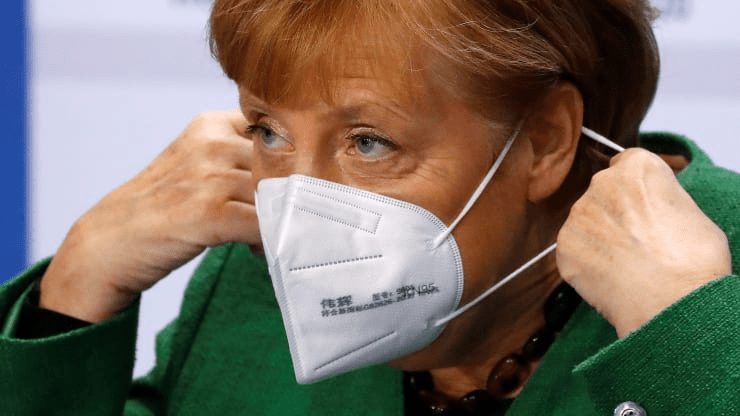Why Germany’s coronavirus strategy might come back to haunt it
October 22, 2020 @ 10:30 +03:00
Germany’s coronavirus epidemic, and strategy to deal with the virus, has not been the same as its European counterparts. This might be a good thing, given that Germany has recorded 397,922 cases of the virus, far lower than Spain, which now has over one million cases, according to data compiled by Johns Hopkins University, along with France.
It has also recorded far fewer deaths related to the coronavirus, with the tally at 9,905 and rising very slowly despite a second wave of infections as seen in the rest of the continent. Germany has put its relatively milder experience of the pandemic down to its modern healthcare system and robust testing and contact tracing regime.
The country has also differed from its European peers at a political level in that it has taken largely a decentralized approach to managing the virus response. But that approach could prove to be a double-edged sword when it comes to clear public guidance and messaging on the virus, however, according to Carsten Nickel, deputy director of research at Teneo Intelligence.
German Chancellor Angela Merkel “emphatically called for compliance over the weekend, but only clear-cut nationwide messaging might still prevent the need for more stringent lockdowns in winter,” he warned. As other national governments around Europe imposed restrictions, varying from national lockdowns to localized measures (albeit with the agreement, and sometimes reluctant acceptance of local leaders) Germany has devolved the management of the virus and restrictions to regional leaders within its 16 states.
This has meant that, as well as national messaging such as Merkel last weekend imploring all Germans to avoid non-essential travel and gatherings and general rules on social distancing and mask-wearing, there are also restrictions that differ from state to state.
Why Germany’s coronavirus strategy might come back to haunt it, CNBC, Oct 22








